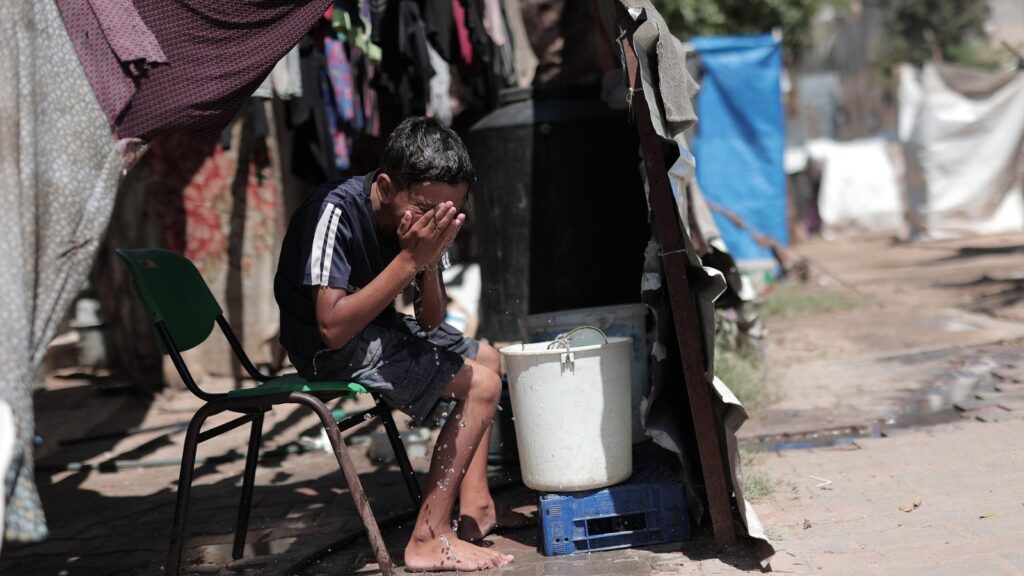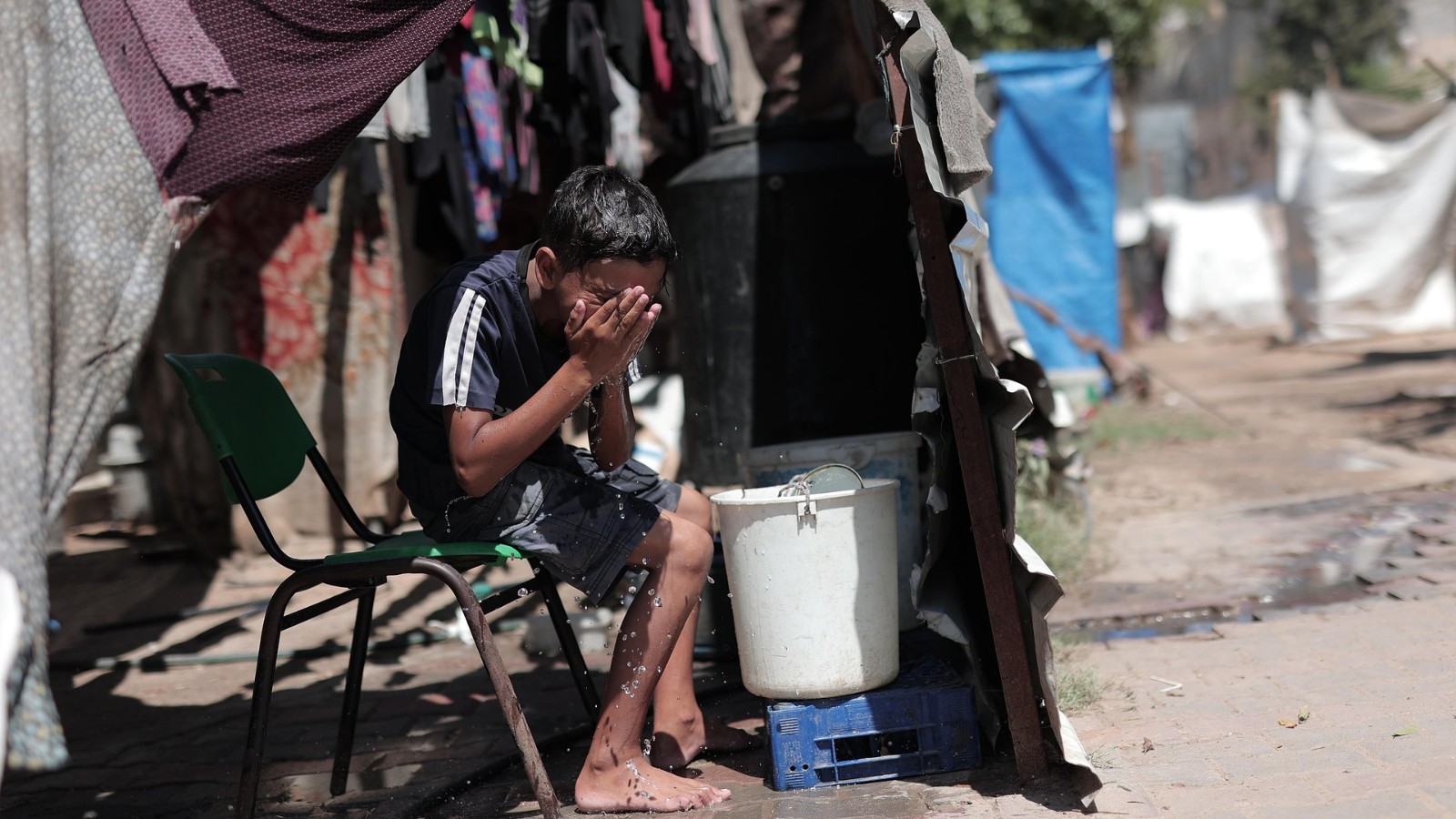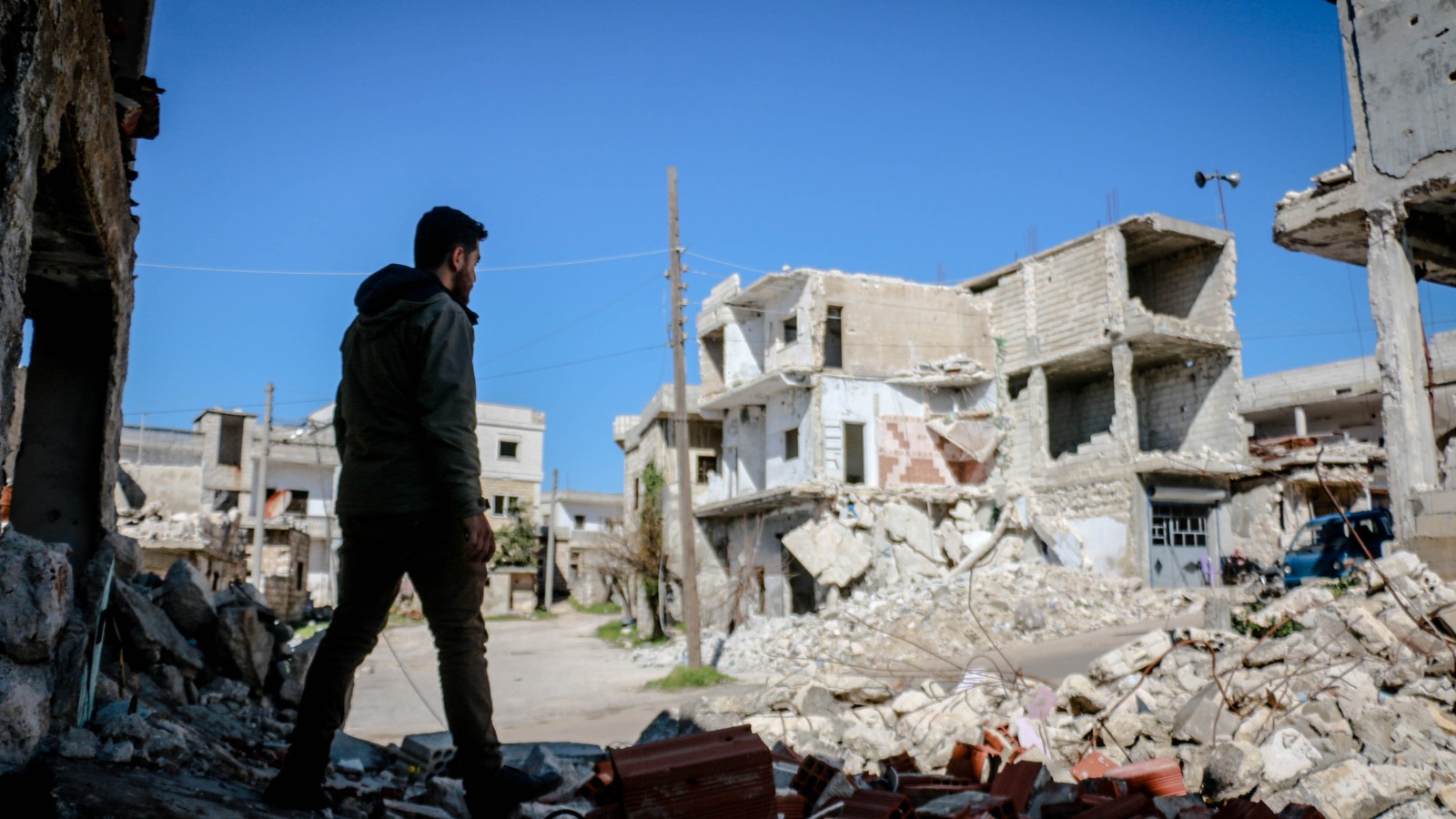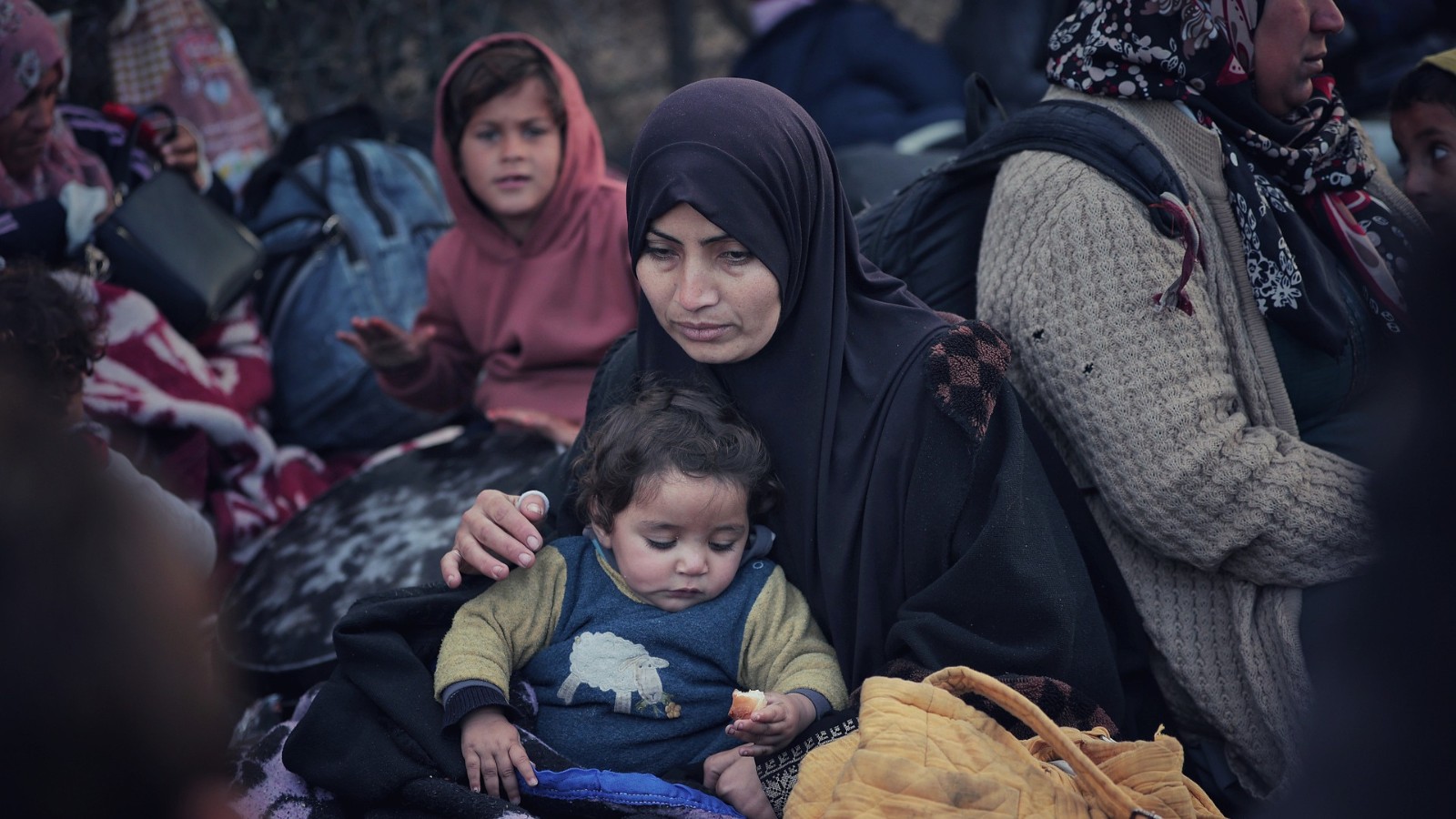By Muriel Tyan, Senior Consulting Psychologist
The humanitarian crisis in Gaza has drawn international attention, highlighting the profound suffering of its population. While much of the discourse rightly centers on the needs of civilians—particularly women and children—the emotional and psychological toll on male humanitarians operating in this environment remains gravely overlooked. These men, often on the front lines of care, logistics, and crisis response, bear a silent burden that deserves far more recognition.
Male humanitarians in Gaza face a unique constellation of pressures. Tasked with delivering aid amidst bombardments and witnessing widespread trauma, they are expected to embody resilience while absorbing the pain of others. The cumulative exposure to suffering, death, and destruction—coupled with a cultural expectation to remain stoic—generates intense emotional strain.
Neglecting the mental health of male humanitarians risks their long-term well-being and undermines the sustainability of humanitarian efforts. When caregivers are unsupported, the quality and continuity of care inevitably suffer. This opinion piece aims to shed light on the unique burdens faced by male humanitarian workers and the barriers they encounter when seeking help.
Humanitarian organizations often grapple with insufficient resources, making it difficult to implement comprehensive mental health programs. Workers may lack training in addressing male trauma and are often unprepared for the specific challenges they face. The high demand for services often leads to prioritizing immediate needs over long-term mental health support, further marginalizing male experiences. Additionally, the scarcity of mental health resources in conflict zones exacerbates this situation, as operational effectiveness frequently overshadows emotional health.
Exposure to violence can result in a range of mental health issues for humanitarian workers, including PTSD, anxiety, burnout, and depression. Many workers in Gaza report significant burnout due to the intense emotional demands of their roles, which often leads to emotional exhaustion. This dual burden of caring for others while managing their own emotional health presents considerable challenges. The trauma they witness—stemming from violence and suffering—often leads to compassion fatigue especially in a conflict zones like Gaza.
When the psychological needs of men are overlooked, it creates a critical gap in humanitarian responses, potentially leading to broader societal issues, such as increased rates of violence, substance abuse, and family disintegration. Furthermore, many humanitarian workers do not utilize available mental health resources, with a significant portion expressing reluctance to seek help for their mental health concerns. This underscores the urgent need for improved support systems within these high-stress environments.
In conflict zones, overwhelming humanitarian needs lead to urgent demands for assistance, placing humanitarian workers in emotionally charged situations. Confronted with the suffering of individuals and communities, these professionals often experience a strong sense of compassion and an unwavering desire to help. However, such deep involvement can result in emotional attachment to their beneficiaries that may become detrimental over time. Maintaining emotional boundaries can become increasingly difficult, leading to compassion fatigue, where the very empathy that drives their efforts begins to take a toll on their mental well-being.
The intensity of experiences can blur professional boundaries, leading workers to prioritize the needs of others at the expense of their own mental health. This cycle of overcommitment can result in burnout, vicarious trauma, or even moral injury when they realize they cannot save everyone or when their efforts fall short, leading to feelings of helplessness and a diminished sense of purpose.
To prepare for these challenges, organizations should offer dedicated sessions focused on raising awareness regarding understanding and managing deployment stress. Gaza presents a unique and complex context for humanitarian workers, as it is predominantly a battlefield where most areas are affected by ongoing conflict. This environment poses significant risks, with humanitarian actors often facing risks from ongoing hostilities and military activity. The continuous and pervasive violence and instability creates a critical need for aid, but also heighten the dangers associated with delivering assistance. Mental Health workshops prior to deployment can educate staff about the signs of trauma and provide tools for coping and self-care.
Post-deployment reintegration is a critical. Navigating the transition back to normal life can be challenging and is often not well studied or documented. This complex process is frequently accompanied by conflicting emotions that can significantly impact relationships and societal integration.
To effectively address the increased burden on male humanitarians in Gaza, organizations need to recognize and validate their experiences during and after deployment. Tailored interventions should encourage men to express their feelings and seek help without stigma.
Structured debriefing sessions can provide spaces for humanitarian workers to process their experiences and emotions without judgment. Creating support systems that empower men to share their experiences fosters resilience. Peer support groups can offer safe environments for sharing feelings and coping strategies, while mentorship programs may pair returning workers with experienced colleagues for ongoing support.
Culturally sensitive counseling services can play a pivotal role in promoting mental well-being, addressing specific issues related to male trauma in a confidential setting.
The invisible wounds borne by male humanitarian staff in conflict response are profound yet largely unacknowledged. By addressing the psychological toll and the barriers to seeking help, we can create a more supportive environment that values the mental health of all humanitarian workers. It is time to break the silence surrounding men’s mental health in the humanitarian sector and ensure that these individuals receive the support they need to continue their vital work in challenging circumstances.



